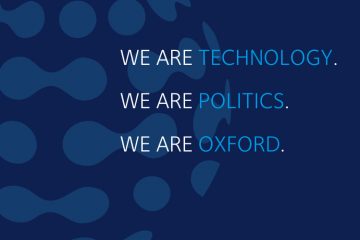
Tracking the Twitter conversation on the Irish abortion referendum
In this article, we use TwitterTrails[i] to follow and analyse the online conversation about the contentious Irish abortion referendum. This referendum offers a useful opportunity for study because it is one of the first referendums in a Western democracy since 2016, when the phenomenon of misinformation on the Internet first gained prominence. Following the revelations of foreign social media interference during the 2016 U.S. presidential election, the Irish referendum was widely seen as a test for social media companies’ ability to protect voters from election meddling.[ii] Some social media companies, such as Facebook and Google, had taken action and previously introduced tools to improve transparency. Indeed, eventually, Facebook blocked political advertising from groups outside Ireland altogether. Google soon joined this …

Social media is changing our digital news habits – but to varying degrees in US and UK
Digital technology has dramatically reshaped the news and media industries in the past decade. We’ve left behind a world where established news brands could rely on reaching large audiences and hence secure advertising revenues. Now there is huge uncertainty about business models, even as digital gives consumers more convenient access to news than ever before. The emergence of new players, including BuzzFeed and The Huffington Post, coupled with the growth of social networking, the introduction of smartphones and the evolution of online advertising, have contributed to a media landscape that is changing at considerable speed. We’ve been tracking the ways in which news habits online have been changing since 2012, when we launched our first survey from the Reuters Institute …









